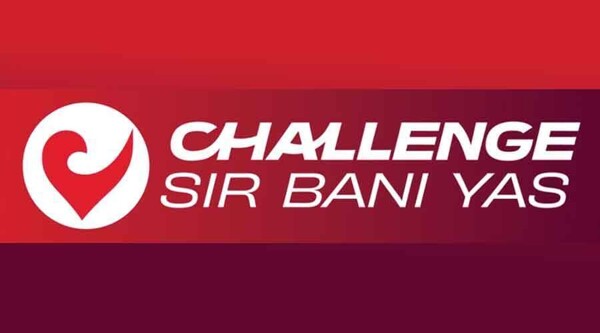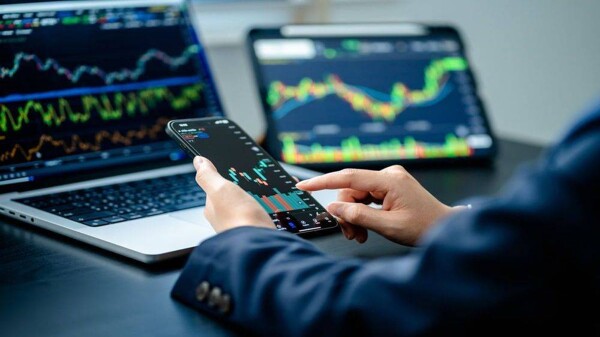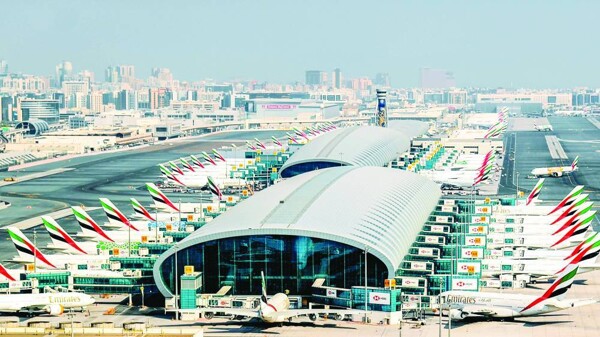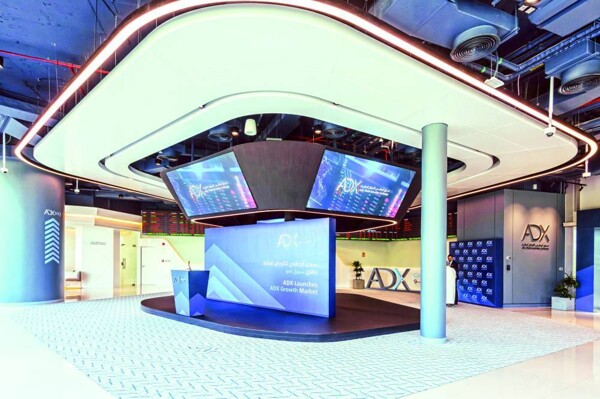
The United Arab Emirates is set to introduce major upgrades that will revolutionize transportation and work environments in the country. These changes are aimed at reducing pollution and supporting the UAE's goal of achieving carbon neutrality by 2050.
Imagine flying taxis whisking you away to your destination, or being able to work from anywhere with a stable internet connection. These are just some of the innovative initiatives on the horizon that will make the UAE one of the most forward-thinking nations in the world.
The Global Entrepreneurship Monitor (GEM) report recently ranked the UAE in the Top 10 globally for future growth and tech innovation, a testament to the country's commitment to progress.
Dubai is gearing up to launch the Dubai Metro Blue Line by 2026, connecting major residential and business areas across the city and potentially extending into neighboring countries like Oman. The country is also making strides in remote work opportunities, allowing more flexibility in where and how people work.
The Roads and Transport Authority (RTA) is progressing with the implementation of air taxis, which are expected to be operational by the end of the third quarter of 2026, offering a futuristic and sustainable mode of transportation. This development will significantly impact commuters, providing quicker and more efficient travel options.
Additionally, the UAE is focusing on environmental sustainability by introducing measures to reduce single-use plastics and promote eco-friendly practices. Initiatives like the elimination of plastic bags and cups aim to create a more sustainable living environment for residents and visitors alike.
As these upgrades unfold, individuals in the UAE, including Overseas Filipino Workers (OFWs), can look forward to more convenient and eco-conscious ways of living and working. From high-speed trains to smartphone-enabled ticketing systems, the future of transportation and work in the UAE is full of promise and excitement.














